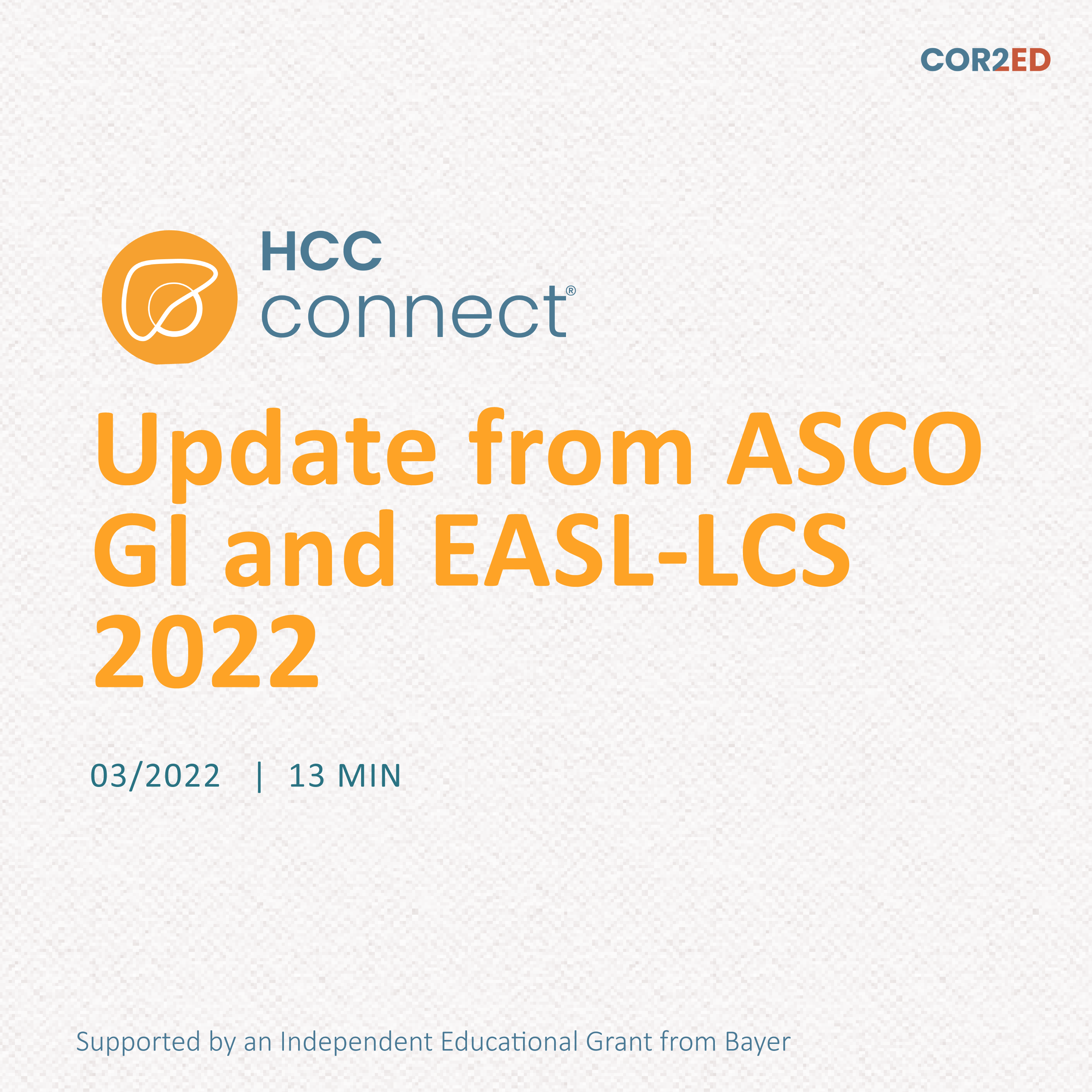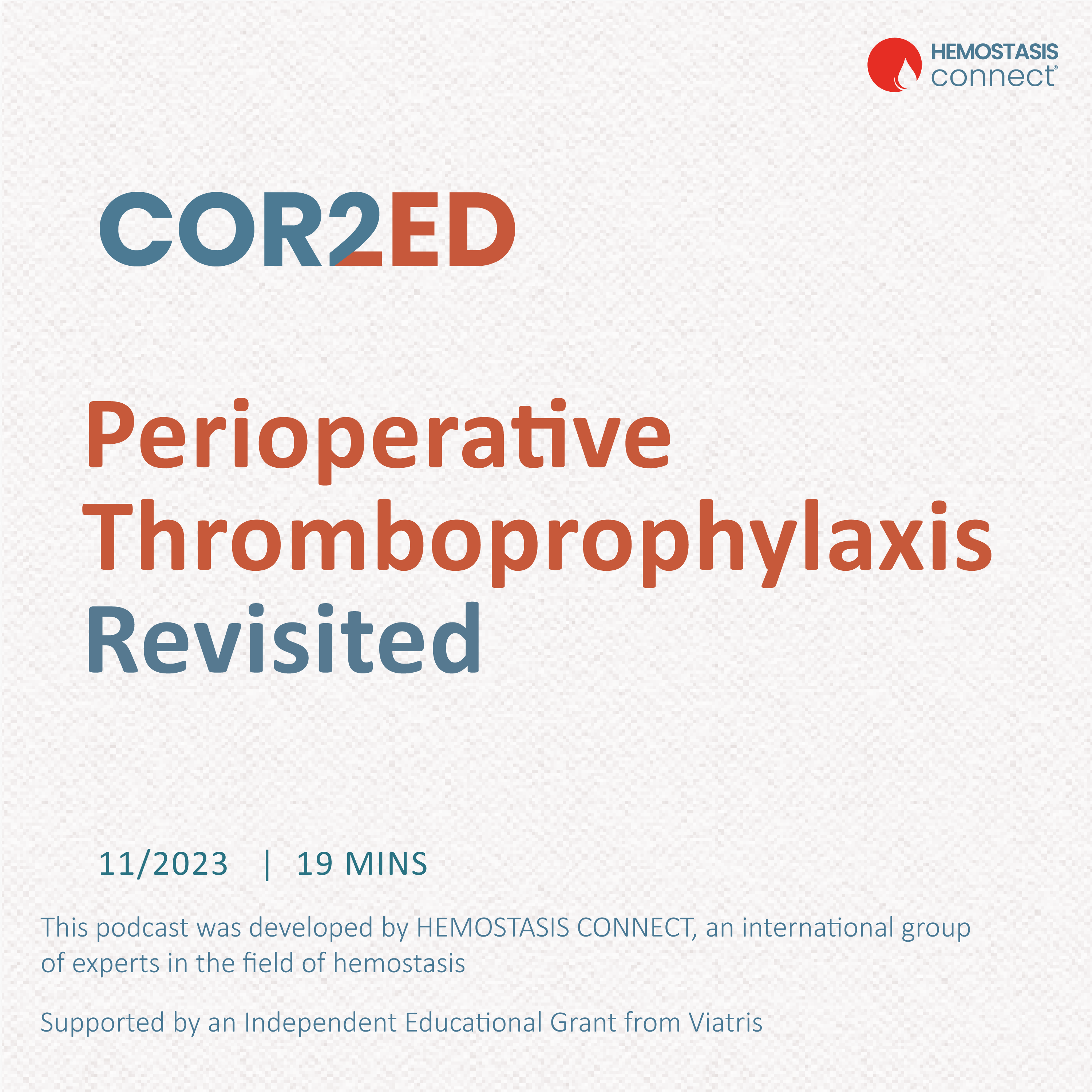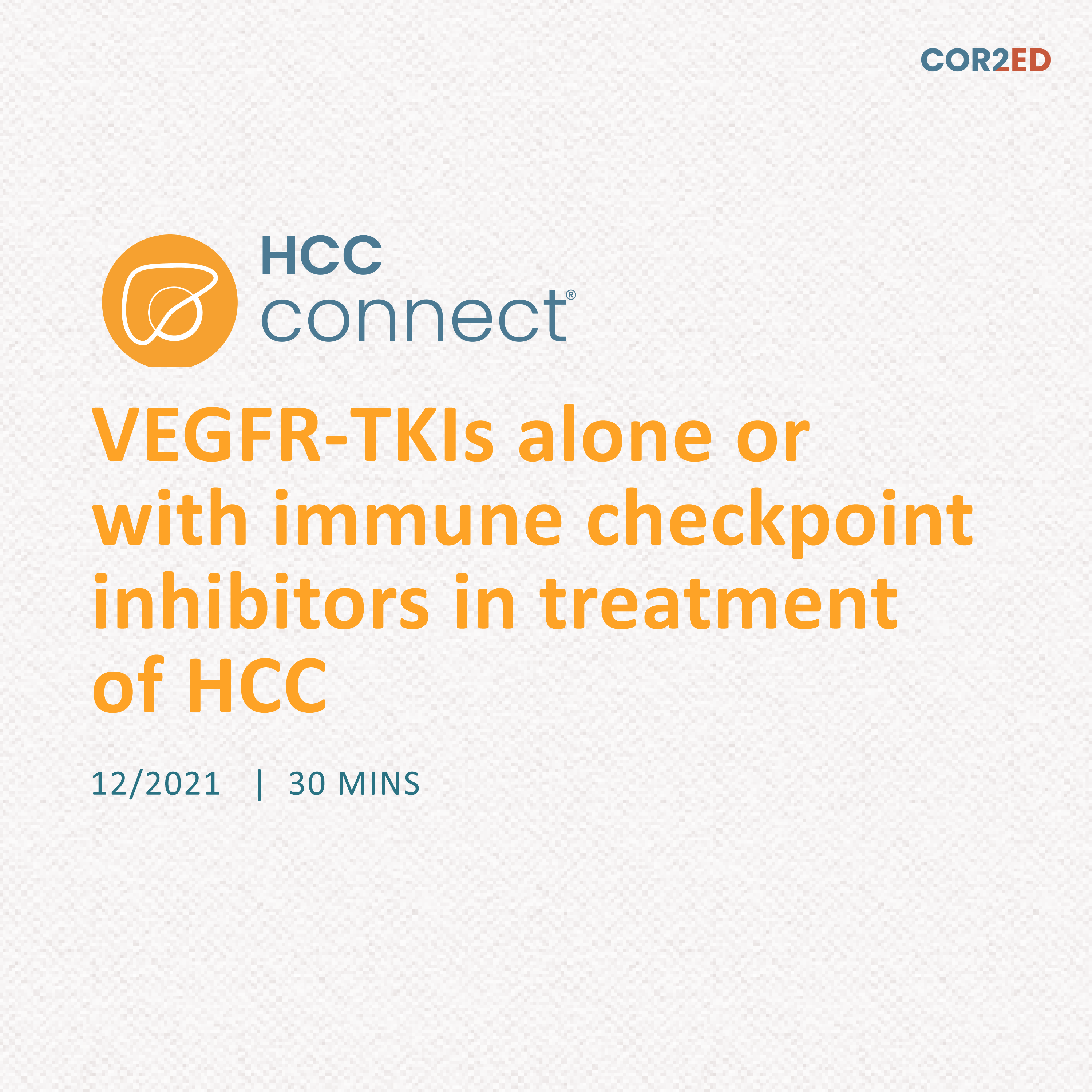In this second episode of the podcast series Women and Girls Bleed Too, Haematologist Dr. Roseline d’Oiron (Reference Centre for Haemophilia and RBD, Bicêtre Hospital AP-HP and University of Paris-Saclay in France) and Obstetrician/Gynaecologist Prof. Rezan Abdul-Kadir (The Royal Free Foundation Hospital in London, UK) discuss how to identify women and girls who are likely to have a bleeding disorder.
Prof. Abdul-Kadir addresses the steps she takes when she suspects a potential bleeding disorder in one of her patients. Dr. d’Oiron confirms it is key to get a clear understanding of the personal bleeding history and family history. There are several screening tools available to help assess the patient’s signs and symptoms. The experts discuss when a patient should be referred to a Haematologist, it is important to know that Haematologists are easily accessible for referral when in doubt.
Finally, Dr. d’Oiron and Prof. Abdul-Kadir address the types of testing that should and should not be done in first line. It turns out there are many misconceptions about laboratory testing for bleeding disorders. For example, contrary to common belief a normal aPTT and PT does not exclude a bleeding disorder. Furthermore, referring to a Haematologist for testing does not mean the patient should remain untreated. Starting basic treatment is crucial to limit the bleeding and address any iron deficiency as quickly as possible.

Medical Education podcast by COR2ED. Professor James Harding, HCC Connect member, provides his perspectives and insights on key abstracts and topics discussed at ASCO...

Thrombotic risk is a constant threat in perioperative patients, but it has decreased with the evolution of surgical technology. Do you know how to...

In this medical education podcast episode, Prof. Peter Galle and Prof. Amit Singal discuss the use of VEGFR-TKIs in the treatment of advanced or...